Seoul's district chiefs on Wednesday criticized the Korean government's latest real estate measures aimed at curbing housing prices, saying the nationwide restrictions ignored regional market differences and undermined local authority.
The rare joint statement, signed by conservative officials from the Seoul association of district heads, marked a public split between the capital’s local leaders and the central government over how to stabilize the property market.
Under the new rules announced on Oct. 15, the government classified all of Seoul and parts of Gyeonggi as regulated zones, broadening the reach of its land transaction permit system, which mandates government approval for property sales.
The district chiefs criticized the measure, arguing it should only apply selectively to overheated markets.
“The land transaction permit system is one of the strongest forms of property restriction and should be applied in a ‘targeted manner’ to limited areas in real need,” they said. “The central government’s unilateral designation, without consultation with the Seoul Metropolitan Government or district offices, ignored the cooperative framework of local governance.”
They also noted that housing prices vary widely across districts, making uniform regulation unfair. According to data from the Korea Real Estate Board, between December 2022 and last month, apartment prices fell 5.33 percent in Dobong District, northern Seoul; 3.47 percent in Geumcheon; 3.21 percent in Gangbuk; 1.56 percent in Gwanak; and 1.02 percent in Guro.
Prices also declined in Nowon by 0.98 percent, Gangseo by 0.96 percent and Jungnang by 0.13 percent. In contrast, property prices rose sharply in the affluent Songpa, Seocho and Gangnam districts by 29.96, 23.33 and 20.56 percent, respectively, during the same period.
Seo Gang-seok, the chair of the association, said the restrictions had caused administrative chaos.
“There are endless civil complaints — every case turns into one,” he said, adding that in Songpa District, which implemented the system earlier in March, “there were 3,500 land permit-related complaints this year, more than triple last year’s figure.”
“Almost every staff member is tied up with real estate calls and paperwork. The property division has become a market stall,” he said.
The district chiefs also called for boosting housing supply rather than tightening restrictions.
“Seoul and its districts are expanding institutional support for redevelopment and reconstruction projects through the expedited integrated planning system, which can stabilize the market by increasing supply,” the statement read.
Kim Byung-min, Seoul’s deputy mayor for political affairs, said the city was not consulted in the government’s decision-making process.
He noted “the government’s regulation-heavy policy ignored the reality of the market and excluded meaningful consultation with the city. Seoul’s position, calling for cautious review, was disregarded.”
He added that the city hopes this dispute will become “a turning point for housing policy, built on cooperation between the central government and local authorities.”
The association demanded that the government immediately withdraw or scale back the land transaction permit zones and form a tripartite policy council — comprising the central government, Seoul City Hall and district offices — to create measures that reflect on-the-ground realities.
Seo emphasized that “the central government must work with Seoul and its districts to ensure housing stability and fully reconsider its regulation-driven policy.”
The joint statement was endorsed by 15 district heads from Songpa, Gangnam, Seocho, Gangdong, Yongsan, Yangcheon and Mapo, where housing prices have been seeing relatively high increases this year, as well as Gwangjin, Dongdaemun, Yeongdeungpo, Dongjak, Jung, Jongno and Seodaemun. All are members of the conservative People Power Party.
District mayors from the liberal Democratic Party (DP) declined to participate. Seo expressed regret, saying, “It is unfortunate that DP mayors did not join the statement, but it was adopted through a vote, so this is the official position of the association.”
This article was originally written in Korean and translated by a bilingual reporter with the help of generative AI tools. It was then edited by a native English-speaking editor. All AI-assisted translations are reviewed and refined by our newsroom.
![Apartment buildings are seen from the Seoul Sky observatory in Songpa District, southern Seoul on Sept. 21. [NEWS1]](https://imgnews.pstatic.net/image/640/2025/10/22/0000078673_001_20251022164621639.jpg?type=w860)
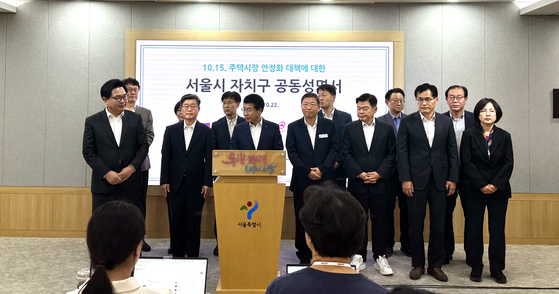
![Property listings are posted on the window of a real estate agency in Seoul on Oct. 20. [NEWS1]](https://imgnews.pstatic.net/image/640/2025/10/22/0000078673_003_20251022164621805.jpg?type=w860)
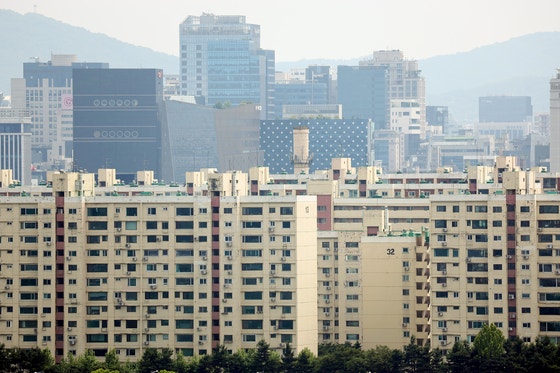

















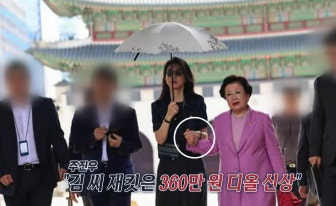


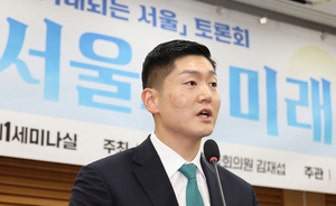
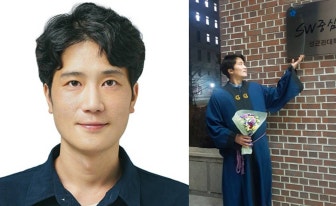
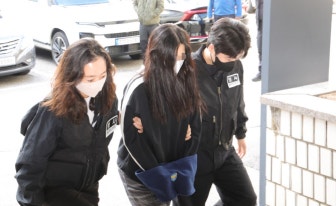

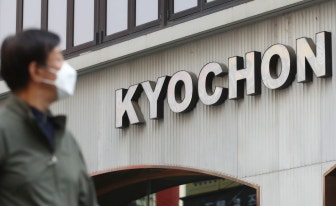
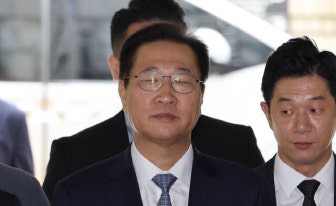


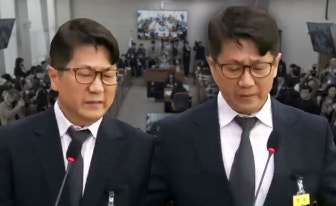
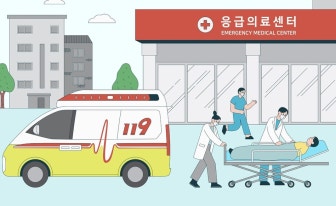

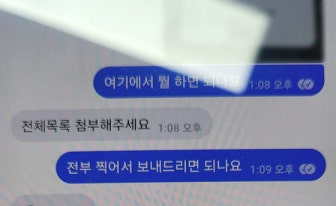
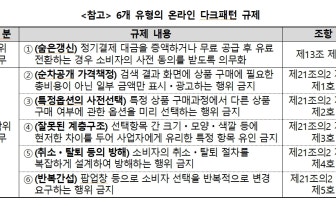

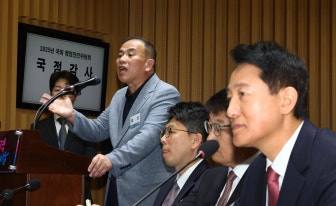


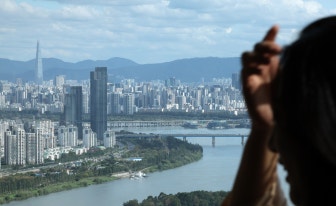
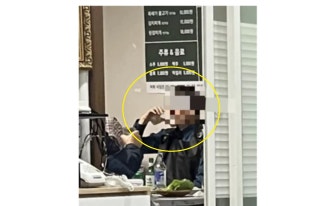

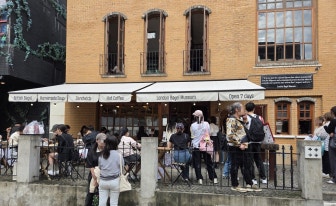

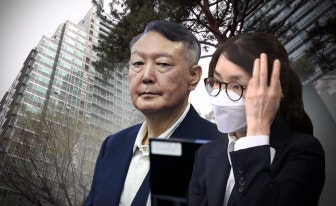
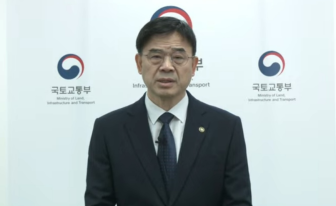












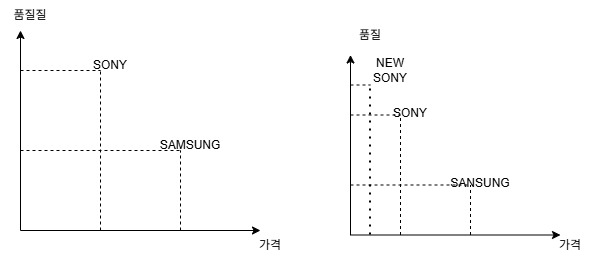.jpg?type=nf190_130)
